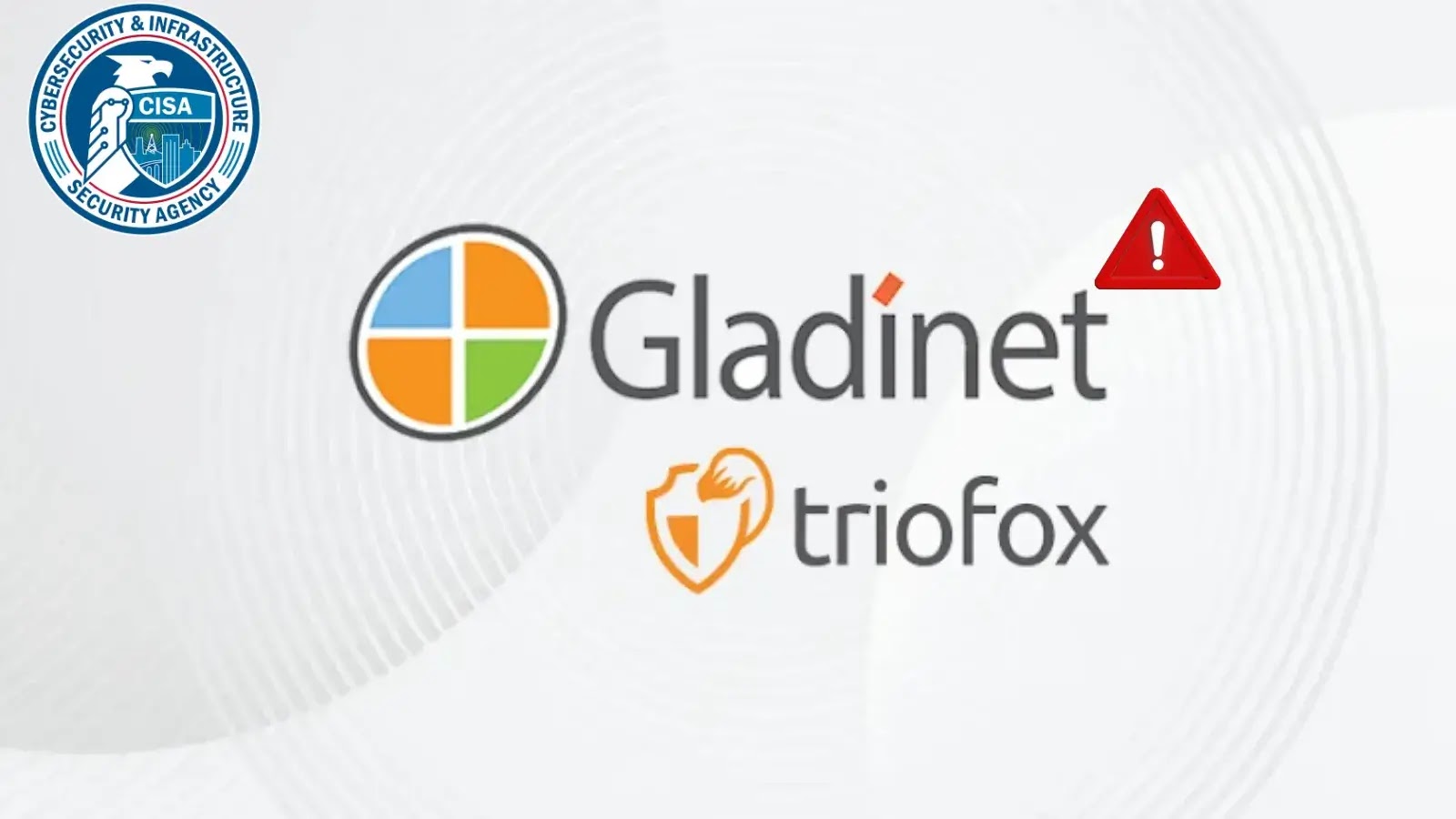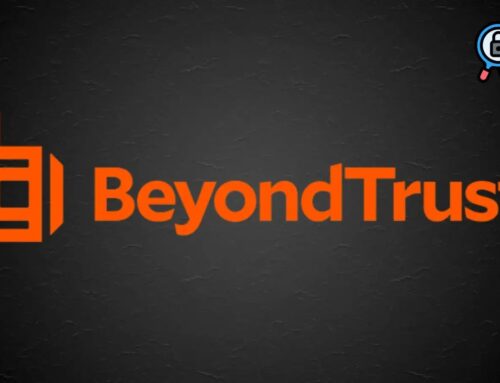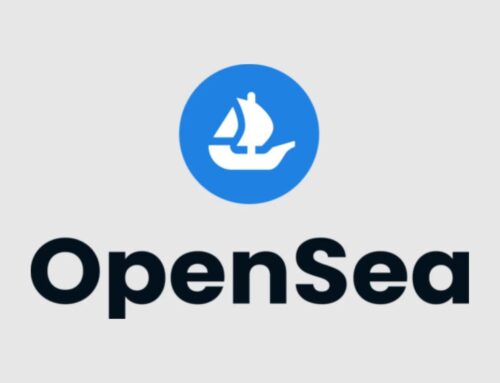
CISA Warns of Gladinet CentreStack and Triofox Files Vulnerability Exploited in Attacks
The digital landscape is a constant battleground, and even the tools designed to streamline our operations can sometimes become points of vulnerability. A recent and critical warning from the Cybersecurity and Infrastructure Security Agency (CISA) has brought this reality into sharp focus, highlighting a severe flaw in widely used file-sharing solutions: Gladinet CentreStack and Triofox. This vulnerability, actively exploited in the wild, poses a significant risk to organizations that rely on these platforms for their daily business.
CISA’s Urgent Warning: Exploitation of CVE-2025-11371
CISA has issued a dire alert concerning CVE-2025-11371, a critical security vulnerability impacting both Gladinet CentreStack and Triofox platforms. This flaw permits unauthorized external access to sensitive system files and directories. For businesses utilizing these solutions, this means a potential compromise of crucial data, operational disruptions, and a significant blow to their security posture.
The core of the issue lies in the exposure of these critical files and directories, which under normal circumstances, should be inaccessible to external entities. An attacker exploiting CVE-2025-11371 could potentially gain insights into an organization’s internal structure, access confidential data, or even plant malicious code, leading to further compromises.
Understanding Gladinet CentreStack and Triofox
Gladinet CentreStack and Triofox are enterprise file-sharing and synchronization platforms designed to provide secure, cloud-enabled access to files from virtually anywhere. They often integrate with existing infrastructure, offering features like data synchronization, collaboration tools, and version control. Organizations leverage these solutions to enhance productivity and streamline data accessibility for their workforce. However, the convenience and accessibility they offer also necessitate robust security, which this recent vulnerability has, unfortunately, undermined.
The Impact of Sensitive File Exposure
The exposure of sensitive system files and directories is a severe security incident. The potential ramifications include:
- Data Exfiltration: Attackers could steal proprietary information, customer data, financial records, or intellectual property.
- System Compromise: Access to system files might allow attackers to gain deeper control over the server, leading to privilege escalation or complete system takeover.
- Malware Injection: Compromised directories could be used to host malicious scripts or executables, affecting users who access the file-sharing platform.
- Operational Disruption: Tampering with critical system files can lead to service outages, data corruption, and significant business downtime.
- Reputational Damage: A data breach resulting from this vulnerability can severely damage an organization’s reputation and customer trust.
Remediation Actions and Mitigations
Organizations using Gladinet CentreStack or Triofox must take immediate action to address CVE-2025-11371. Prompt intervention is crucial to minimize the risk of exploitation and potential data breaches.
- Apply Updates Immediately: The most critical step is to apply all available security patches and updates from Gladinet (CentreStack) or Triofox. These patches are specifically designed to close the vulnerability and prevent further exploitation. Monitor official vendor channels for release announcements.
- Isolate and Monitor: If immediate patching is not possible, organizations should consider isolating their Gladinet CentreStack and Triofox instances from external networks as much as feasible. Implement strict network segmentation and monitor all traffic to and from these systems for unusual activity.
- Review Access Controls: Conduct a thorough review of all user accounts, permissions, and access controls for the affected platforms. Ensure that the principle of least privilege is strictly enforced.
- Implement Web Application Firewalls (WAFs): Deploy a WAF in front of your CentreStack/Triofox instances to provide an additional layer of defense. Configure the WAF to detect and block suspicious requests targeting sensitive directories and files.
- Regular Backups: Maintain regular, secure, and offline backups of all critical data. In the event of a successful exploit, robust backups can significantly reduce recovery time and data loss.
- Incident Response Plan: Ensure your organization has a well-defined and tested incident response plan in place to address potential breaches quickly and effectively.
Detection and Scanning Tools
To identify potential exploitation or vulnerabilities within your environment, consider leveraging the following tools:
| Tool Name | Purpose | Link |
|---|---|---|
| Nessus | Vulnerability scanning and assessment. | https://www.tenable.com/products/nessus |
| OpenVAS | Open-source vulnerability scanner. | https://www.openvas.org/ |
| Qualys VMDR | Comprehensive vulnerability management, detection, and response. | https://www.qualys.com/vmdr/ |
| Wireshark | Network protocol analyzer for traffic monitoring. | https://www.wireshark.org/ |
| Snort | Intrusion detection/prevention system (IDS/IPS). | https://www.snort.org/ |
Key Takeaways for Security Professionals
The CISA warning regarding CVE-2025-11371 underscores the persistent threat landscape faced by organizations. Vigilance and proactive security measures are non-negotiable. IT professionals and security analysts must prioritize patching, implement robust monitoring, and maintain strict access controls across all enterprise systems. The exploitation of this vulnerability in Gladinet CentreStack and Triofox serves as a critical reminder of the importance of prompt response to security alerts and continuous assessment of critical infrastructure.





